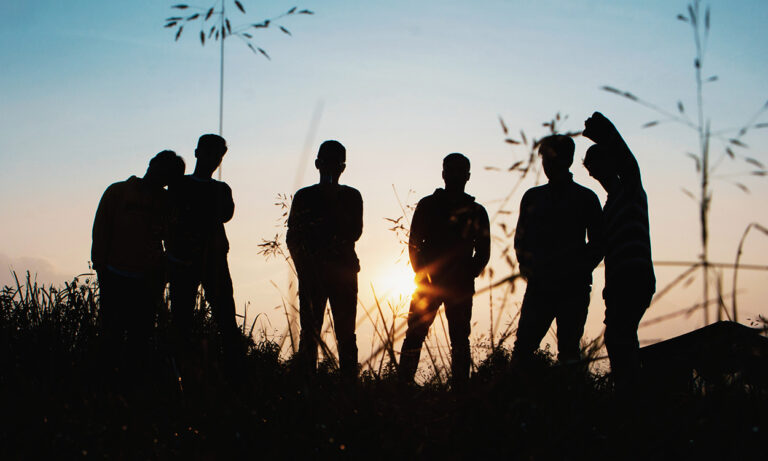Europe’s mental health crisis: Data reveals which country is consuming the most antidepressants
Recent data has shown that Europe is facing a dramatic increase in both anxiety and depression and the use of antidepressants. The Organisation for Economic Co-operation and Development (OECD) has collected data and discovered that Europeans are facing a substantial mental health crisis—with the COVID-19 pandemic cited as one of the most significant contributing factors.
The report—formulated by Euronews using data provided by the OECD—found that, since 2000, the consumption of antidepressants has increased by almost two and a half times in 18 European countries. The dataset also found an overwhelming spike in Europeans suffering with anxiety or depression.
Not only did the 18 European countries witness a 147 per cent increase in antidepressant use from 2000 to 2020, there has also been a spike in government spending on the medication. In 2020, Germany spent $812 million on antidepressants, Spain $649, and Italy $456 million.
Which European countries use the most antidepressants?
In regard to which country saw the biggest increase in antidepressant consumption over the 20 years recorded, the answer is the Czech Republic—which saw a whopping 557 per cent increase. France, on the other hand, only witnessed a 38 per cent increase.
However, perhaps the most surprising finding from the data collected by Euronews is the fact that, out of 24 European countries, Iceland has the highest rate of daily dosage consumption of antidepressants. The findings go on to note how this discovery may come across as confusing to some, especially considering the fact that Iceland was voted the second-happiest country in the world in 2020. Therefore, it appears that there is no current correlation between happiness and the use of antidepressants.
The OECD also stated in a May 2021 report that the COVID-19 pandemic has significantly impacted the mental health of young people across Europe. Not only has there been a decrease in access to proper services and support, there has also been a surge in generalised anxiety.
The European Foundation for the Improvement of Living and Working Conditions (Eurofound), published further findings after it conducted a survey of 200,000 people, which took place from spring 2020 to spring 2022.
It indicated that the number of people reporting ‘bad’ or ‘very bad’ health more than doubled between 2020 and 2022. Despite the lifting of most lockdown measures in early 2022 as the pandemic considerably subsided, this number continued to increase, from 7.9 per cent in March 2021 to 12.7 per cent in March 2022.
Furthermore, there is a risk that with the current cost of living crisis in Europe reaching an unprecedented level, those who are struggling will experience greater anxiety or depression.
Finally, it seems unmet mental healthcare is also a serious concern. Due to a backlog in hospitals and important services, many young individuals are unable to access the help they need. The survey specifically found that young women in particular are more at risk, with one in four reporting unmet needs.






